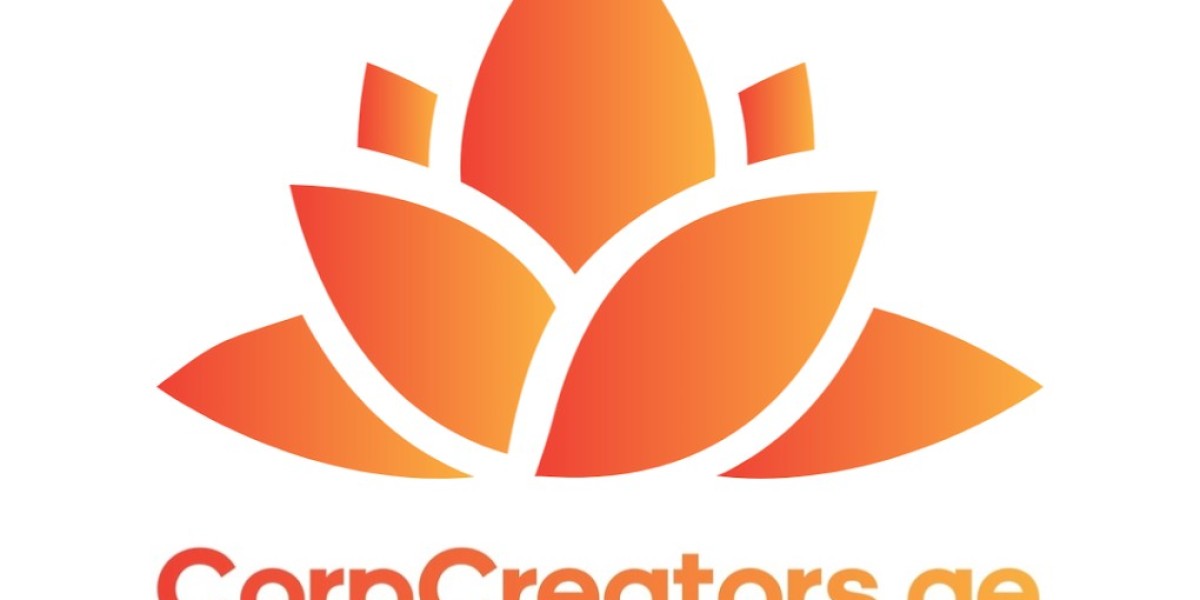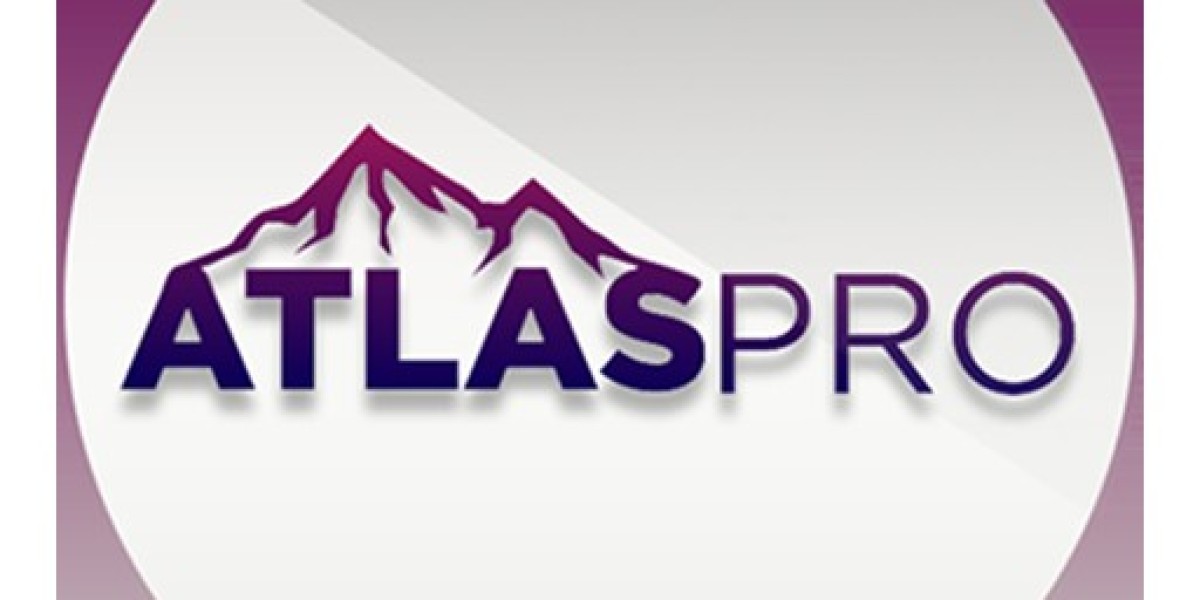In today’s fast-evolving tech industry, attracting and retaining top talent is more competitive than ever. For IT companies, where specialized skills are in high demand, offering a compelling range of employee perks has become a critical differentiator. Employee perks are not merely "nice-to-haves"; they are a strategic investment in a company’s most valuable asset—its people.
From offering mental health support and learning stipends to providing spot awards for employees, these perks create an environment where employees feel valued, motivated, and engaged. This blog will explore why employee perks are essential in IT companies and how they can significantly impact company culture, productivity, and innovation.
1. Employee Perks as a Talent Acquisition Tool
The tech industry is notorious for its high turnover rates and fierce competition for skilled professionals. Top candidates often have multiple offers on the table, and perks can be the deciding factor in choosing one employer over another. Offering a strong perks package goes beyond just a high salary—it signals that the company is invested in the long-term well-being and success of its employees.
In addition to standard benefits like health insurance and paid time off, tech companies are increasingly offering perks such as:
- Flexible Work Schedules and Remote Work Options: Flexibility is highly prized in the IT world, where the nature of work can often be performed from any location with an internet connection. Allowing employees to work remotely or adopt flexible hours shows that the company respects their personal needs, which can be a significant attraction for candidates.
- Learning and Development Opportunities: The tech landscape changes rapidly, and IT professionals need to keep up with the latest tools and technologies. Companies that invest in continuous learning through online courses, certifications, or in-house training programs demonstrate their commitment to employee growth.
- Spot Awards for Employees: These immediate recognition awards can be given on the spot for accomplishments like resolving a critical issue, launching a new feature, or even for demonstrating exemplary teamwork. Offering such perks is an attractive feature for potential hires, as it shows that the company actively acknowledges and rewards contributions.
2. Enhancing Employee Retention and Satisfaction
The tech sector is known for its high employee turnover rates. Keeping talented employees is a constant challenge, and perks can play a pivotal role in reducing turnover. A robust perks program can be a powerful retention tool because it helps build a positive and supportive work environment.
- Health and Wellness Benefits: Programs that support mental and physical well-being—such as gym memberships, mental health counseling, and even ergonomic office equipment—are becoming increasingly popular in IT companies. These perks help employees manage the stress that comes with demanding projects and tight deadlines.
- Work-Life Balance Initiatives: Offering extended maternity/paternity leave, childcare support, or even designated ‘no-meeting’ days can go a long way in retaining employees. These initiatives signal that the company cares about employees’ lives outside of work and encourages a healthy balance.
- Personalized Rewards and Recognition: Spot awards for employees are a great example of how personalized recognition can foster loyalty. Employees are more likely to stay at a company that recognizes their unique contributions and celebrates their achievements in a timely manner.
3. Driving Engagement and Motivation through Perks
Motivated employees are engaged employees, and engagement is directly tied to productivity. Perks are a tangible way to keep motivation levels high, particularly in a field like IT, where long hours and intense problem-solving are the norm.
- Spot Awards for Employees: Spot awards are an immediate form of recognition that can have a profound impact on motivation. For instance, an employee who solves a complex bug before a product launch can be instantly rewarded with a spot award, along with a note of appreciation from leadership. This kind of on-the-spot recognition helps reinforce positive behaviors and keeps employees motivated to maintain high performance levels.
- Career Advancement and Growth Opportunities: Perks like mentoring programs, leadership development courses, and skill-building workshops show that the company is invested in employees’ long-term career success. When employees feel like they have a clear path for growth, they’re more likely to be engaged and committed to their roles.
- Specialized Perks for IT Professionals: Offering perks like access to the latest tech gadgets, attendance at tech conferences, or even time-off to work on personal tech projects can cater specifically to the interests and motivations of IT professionals, further boosting their engagement.
4. Fostering Innovation through Creative Perks
Innovation is the lifeblood of the tech industry. To stay ahead of the curve, IT companies need to create an environment where creativity and out-of-the-box thinking are encouraged. Employee perks can significantly contribute to this culture of innovation.
- Hackathons and Innovation Days: Providing employees with time to work on side projects or participate in hackathons is a perk that not only fosters creativity but can also lead to breakthrough ideas. Many tech companies, including Google and Facebook, have leveraged hackathons to spark new product ideas and solve complex problems.
- Spot Awards for Innovative Solutions: Recognizing employees who contribute creative solutions with spot awards is another way to encourage continuous innovation. Such perks highlight that innovation is valued at every level of the organization, from junior developers to senior engineers.
5. Creating a Culture of Recognition and Appreciation
One of the most significant impacts of employee perks is that they help create a culture of recognition and appreciation. Employees who feel appreciated are more likely to perform at their best, contribute to a positive work environment, and stay with the company for the long term.
- Recognition Platforms: Platforms that facilitate peer-to-peer recognition, manager-led awards, or spot awards for employees ensure that recognition is not just a one-time event but a continuous part of the workplace culture. When employees are frequently recognized for their hard work, it creates a sense of purpose and belonging, which is essential for maintaining a high-performing work culture.
Conclusion: The Strategic Value of Employee Perks in IT
In the high-stakes world of IT, employee perks are more than just a way to keep employees happy—they are a strategic tool that drives engagement, boosts retention, and fosters a culture of innovation. For companies looking to thrive in this dynamic industry, investing in a comprehensive perks program is not optional; it’s a necessity.
Whether it’s through flexible work options, continuous learning opportunities, health and wellness benefits, or spot awards for employees, these perks demonstrate that the company values its employees and is committed to supporting their professional and personal success. By leveraging employee perks strategically, IT companies can build a motivated, innovative, and loyal workforce that is ready to take on the challenges of tomorrow’s tech landscape.


